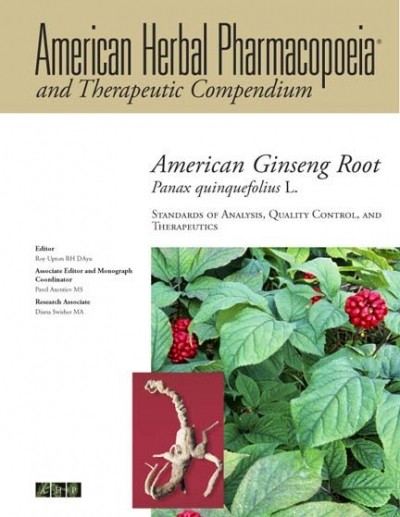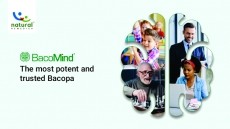USDA says American ginseng must be COOL
The rule, which bolsters the Ginseng Harvest Labeling Act of 2007, seeks to address a widespread problem in the US where as much as 80-90 per cent of material sold as American ginseng does not bear country of origin labeling (COOL).
Most of this material is grown in China and Canada and although much of it is in fact a form of the American species once grown almost exclusively in Wisconsin, is different in chemical composition and physiological effect, and often much cheaper than Wisconsin-grown American ginseng.
Wisconsin should win
For this reason, Wisconsin growers have been up-in-arms about a market dynamic that has seen their output dip from about 2.6m pounds per year in 1994, to around 600,000 pounds last year.
The fact Wisconsin-grown material, which is generally acknowledged better quality than foreign-grown material, sells at about $60 per kilogram compared with $30/kg for Canadian material and $15/kg for Chinese material, has amplified the need to differentiate the materials, at least from the point of view of Wisconsin growers.
The largest of these is Hsu’s Ginseng Enterprises which accounts for about 25 per cent of Wisconsin-grown ginseng. President Paul Hsu said the USDA rule would benefit Wisconsin growers as long as it was properly enforced by the Federal Trade Commission (FTC) and the Food and Drug Administration (FDA).
“This rule will give consumers a better picture and allow them to differentiate between the different types of ginseng out there, including Korean ginseng,” Hsu told NutraIngredients-USA.com. “It’s a significant day for the Wisconsin ginseng industry.”
Mark Blumenthal, the executive director of the American Botanical Council, added the number of Wisconsin growers had dwindled from about 1500 20 years ago to 150 today, and the rule was long overdue to defend the industry and consumers against mislabeling.
“This is a way to try and protect what is left of the Wisconsin ginseng growing industry,” he said. “This won’t stop mislabeling but it will severely reduce it.”
Loren Israelsen, the executive director of the Utah-based United Natural Products Association (UNPA), said COOL labeling was likely going to be applied to other food products this year.
The Ginseng Board of Wisconsin, which represents Wisconsin growers, implemented the Wisconsin Ginseng Seal Program in 1991 to officially identify ginseng and ginseng products that contain 100 percent pure, authentic Wisconsin-grown NAG roots, according to ABC publication, HerbalGram.
But membership dwindled from 250 members in the early 1990s to about 50 members in 2006.














